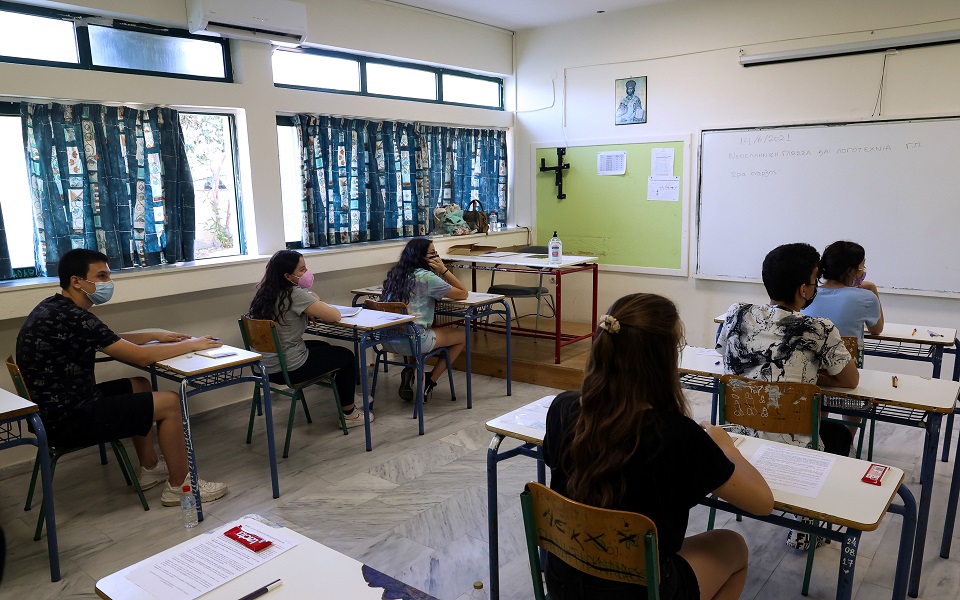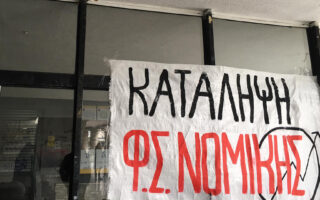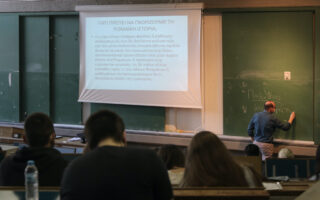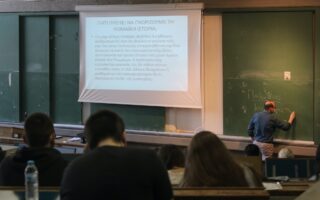What if rote learning isn’t the problem?

There’s a notion that triggers every reactionary reflex in Greeks, and that’s rote learning, the predominant system still used in the country’s public schools as a means of conveying knowledge, and for years blamed for all the ills of the Greek education system. This year, the third that Greece has conducted its equivalent of the Program for International Student Assessment, or PISA, the country’s pupils basically failed for a third time. What did they fail at? At the ability to survive, would be the laconic answer. Why? Because PISA tests pupils aged 12 and 15 in language and mathematics to gauge whether they have the skills that allow them to deal with all matters.
The report by the committee conducting the test was alarming to say the least, as it found that one in five pupils are at risk of being functionally illiterate when they graduate from elementary and middle school. What does this mean? It means that their written and spoken language skills are inadequate for clearly conveying or understanding a thought or idea, that they have not developed critical thought, that they have not taken advantage of opportunities to improve their skills.
Is rote learning the only culprit, as so many argue, or has the problem evolved over the years into something much more complex and harder to pin down? Is rote learning the only reason why a teenager may be unable to formulate a thought, with a beginning, middle and an end? In the meantime, experienced educators agree that children with deficient learning are more likely to be excluded from school and social activities and to develop delinquent behavior. It’s a tragedy, but it’s simple: Without words, without the ability to express their thoughts and feelings, teenagers will resort to violence. Moreover, the deficit in language and reasoning, the absence of a narrative flow, of a code of communication is, in effect, a cultural deficit, which weakens democracy.
Let us stop harping on about rote learning and ask more questions. Let us ask ourselves as parents how much time we really give our children and what kind of a relationship we are cultivating with them. Let us ask ourselves as educators whether we can convey learning rather than dry knowledge.
Knowledge is a thing that needs to be processed so that it can cultivate skills and a way of life. Without the family doing its part, school is not enough on its own. The battle for words needs to be fought on many different fronts – and fighting it is as essential as breathing.





